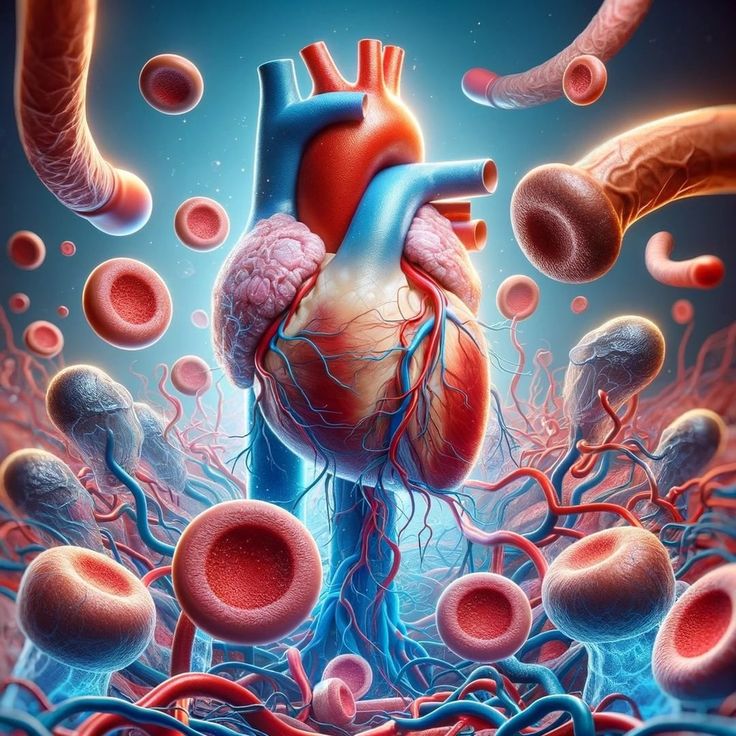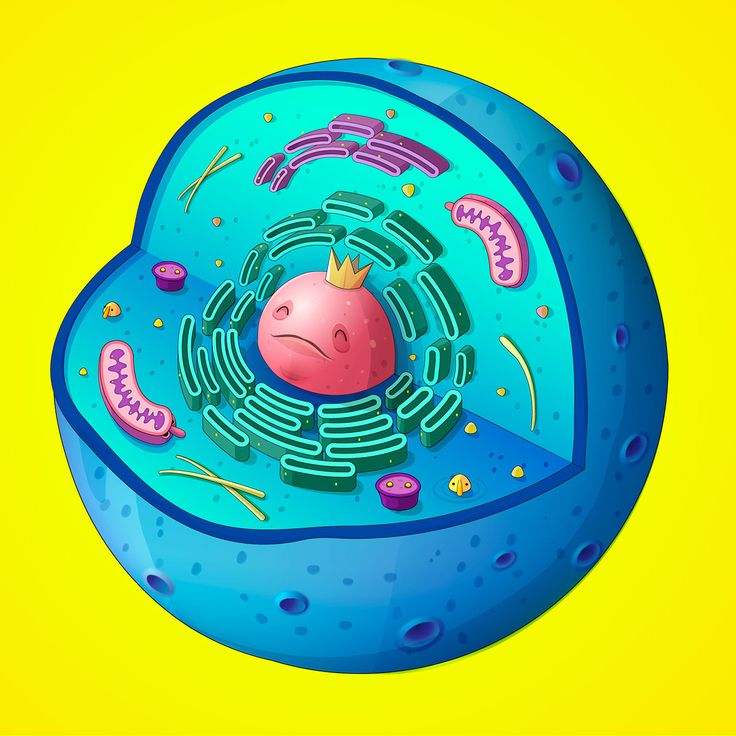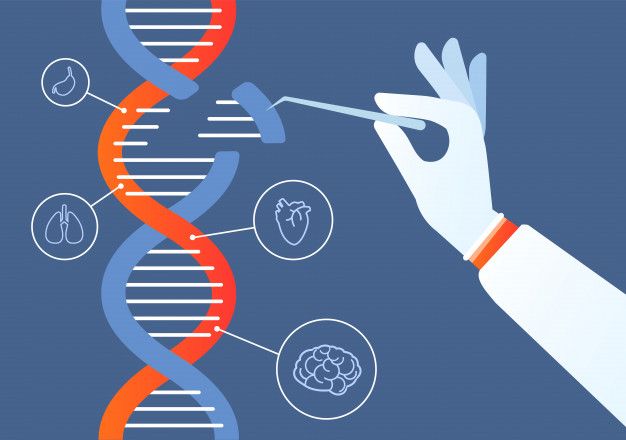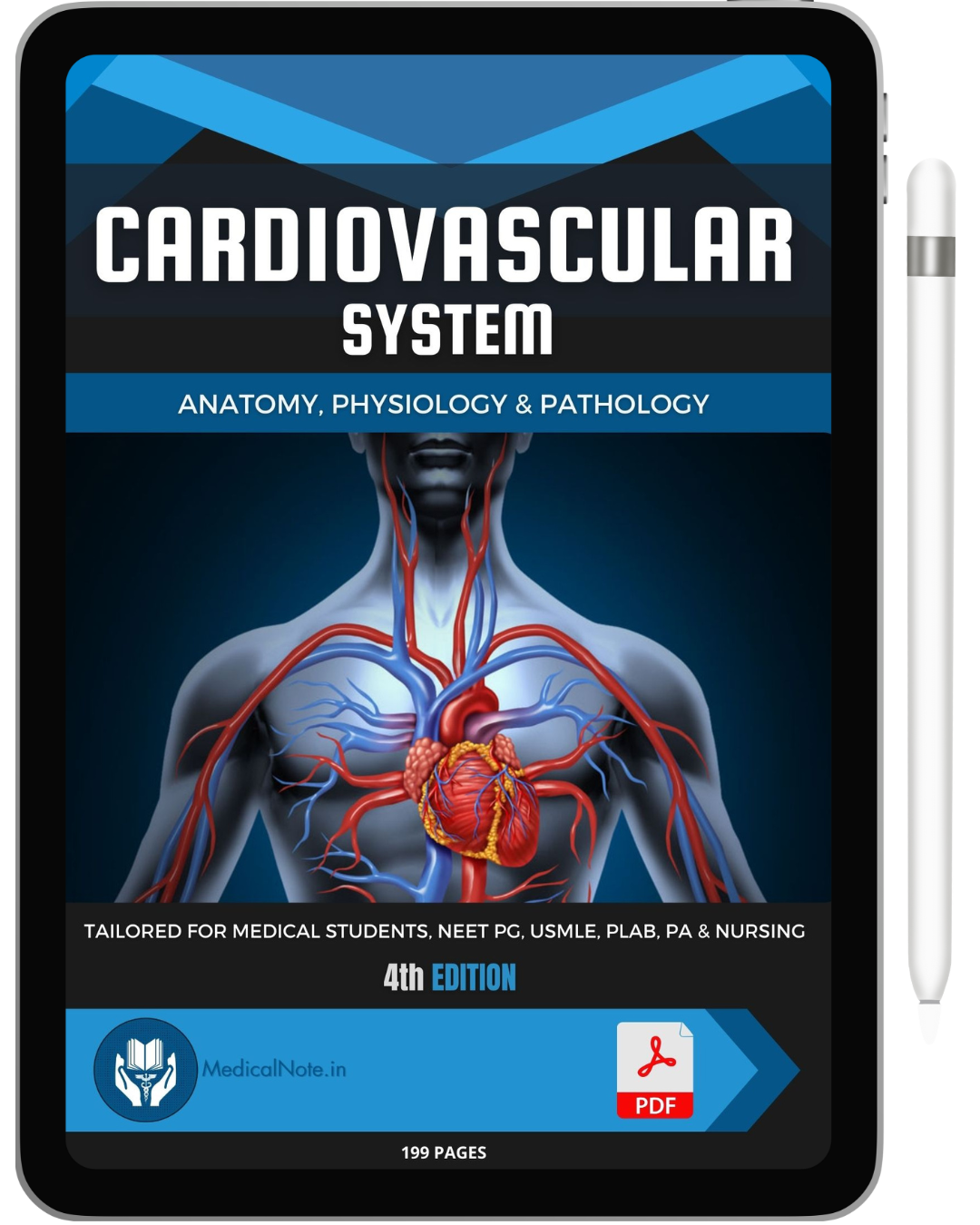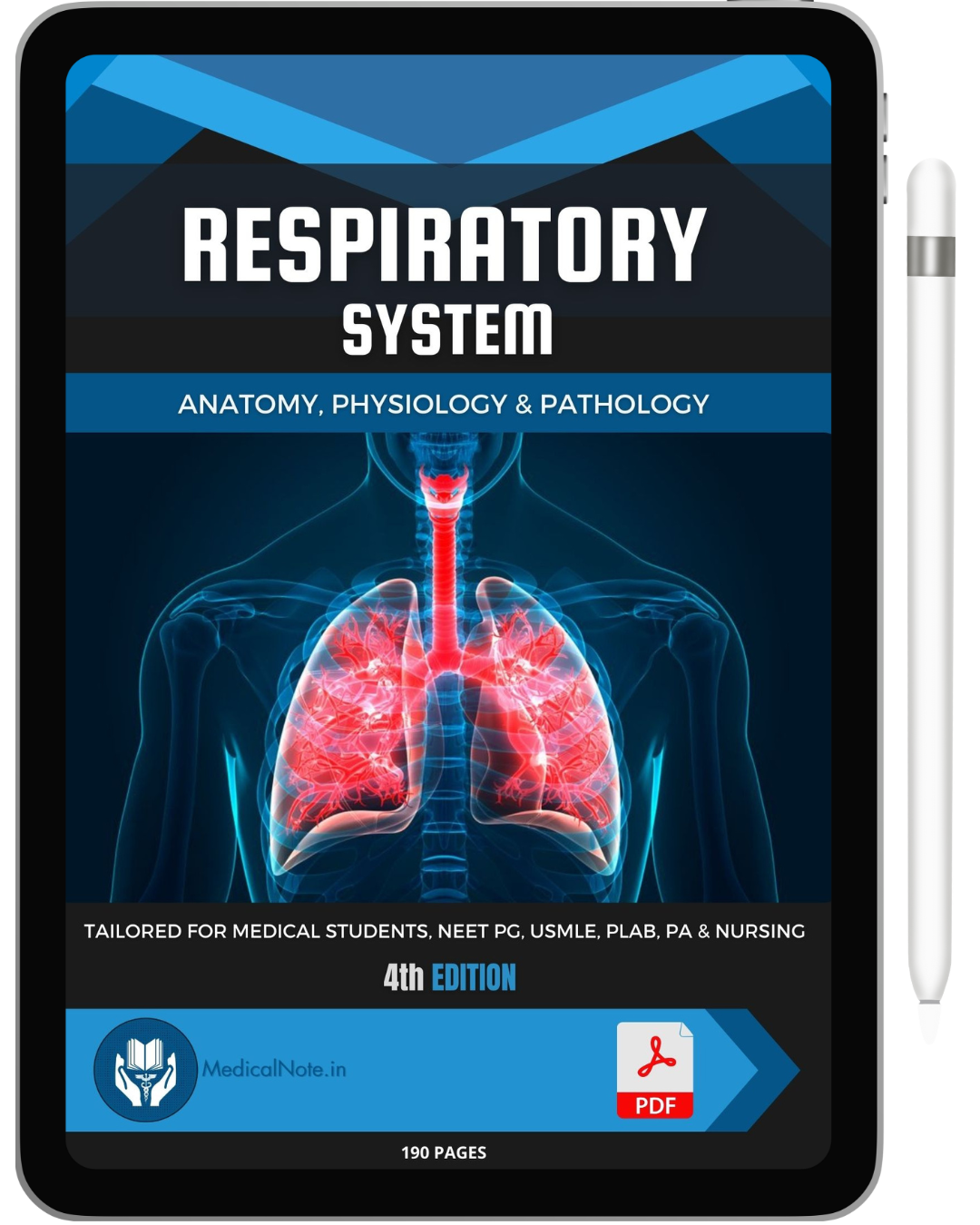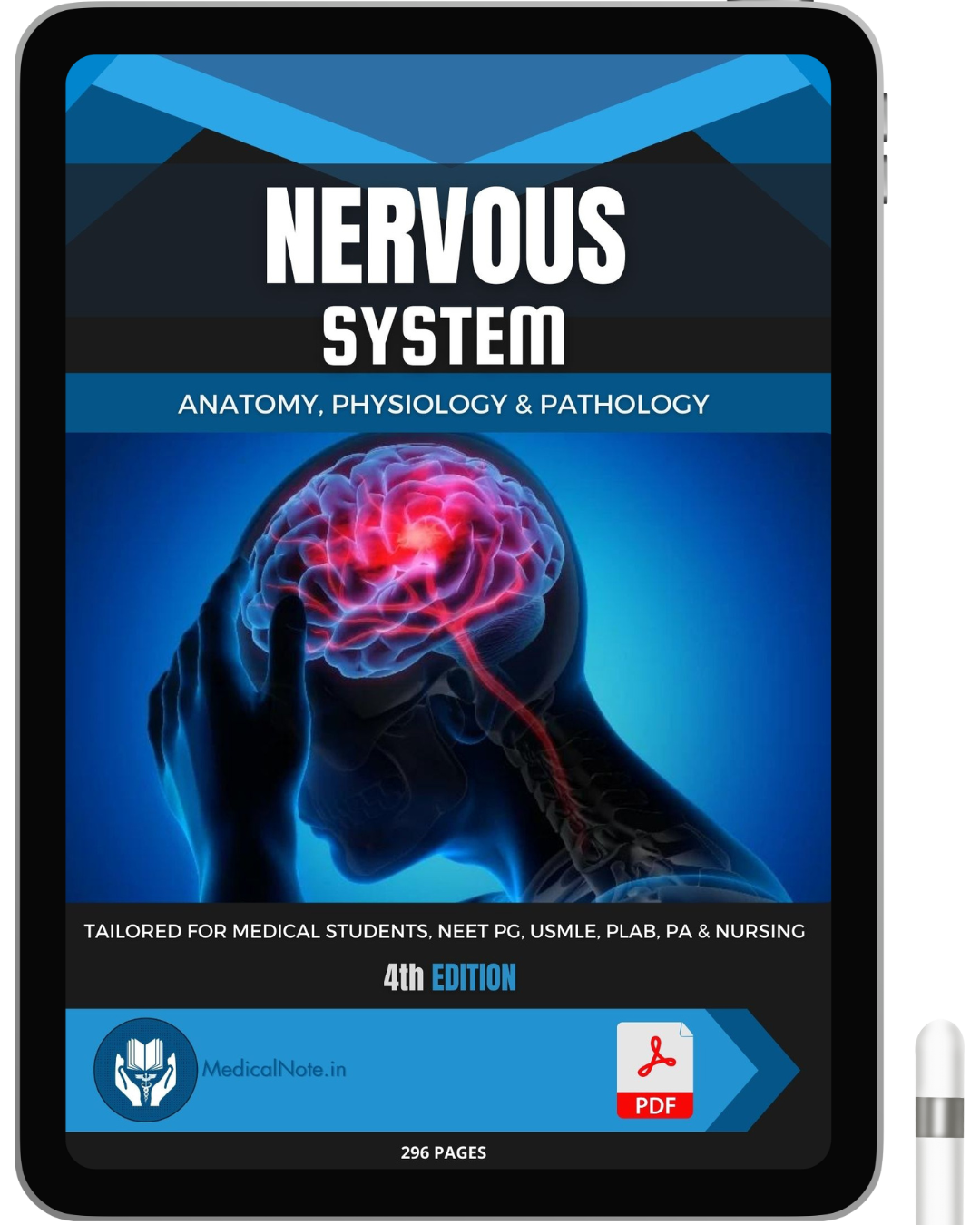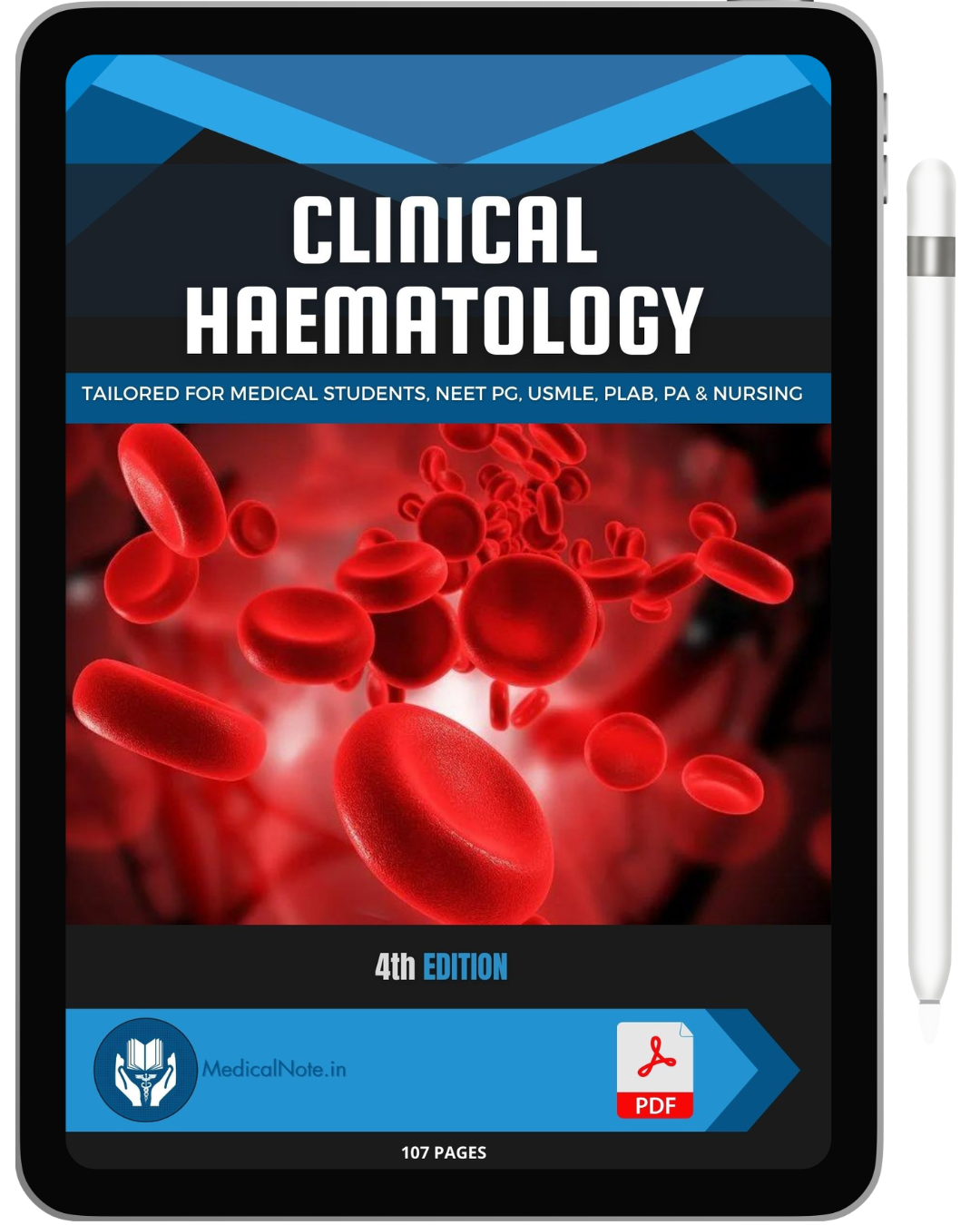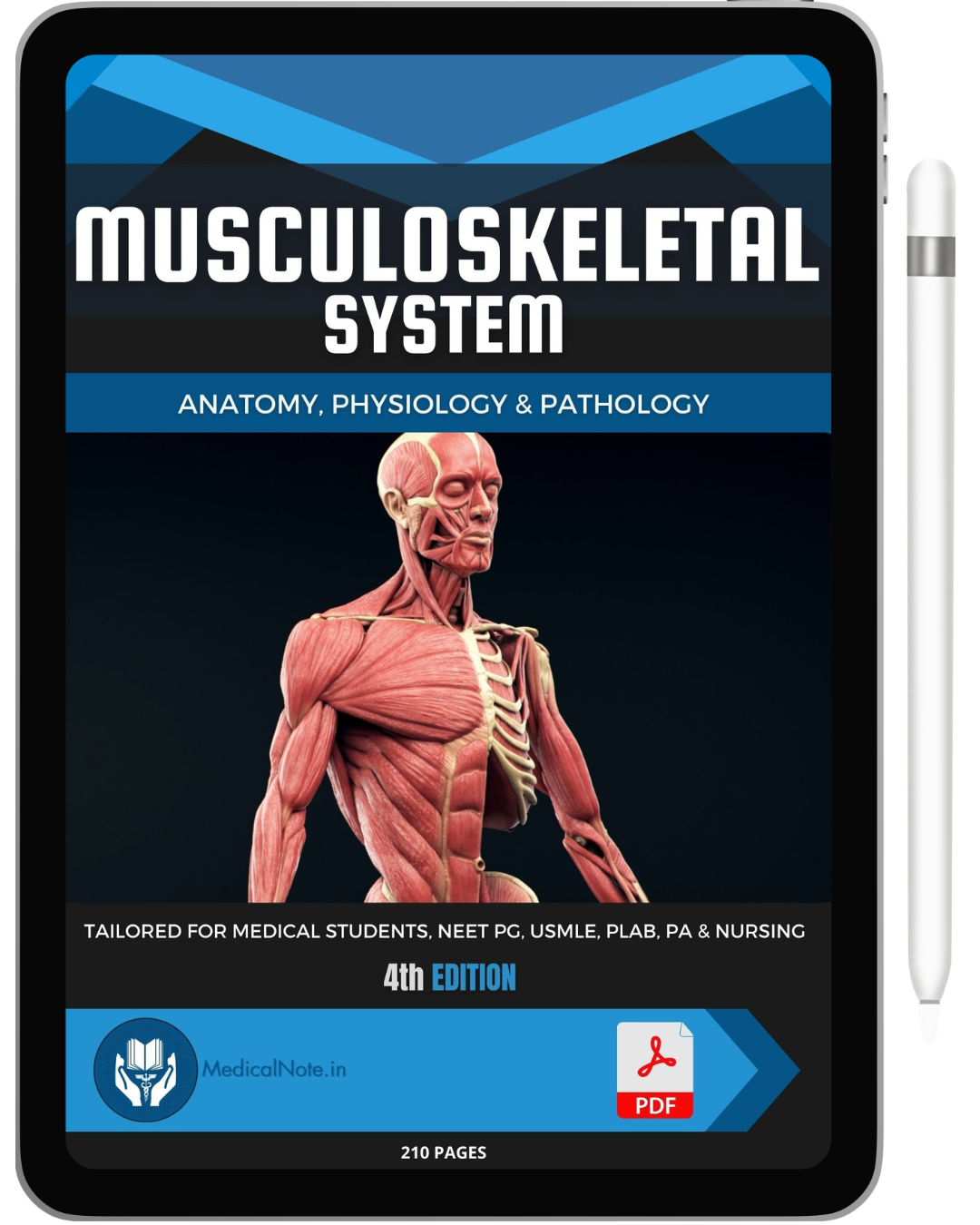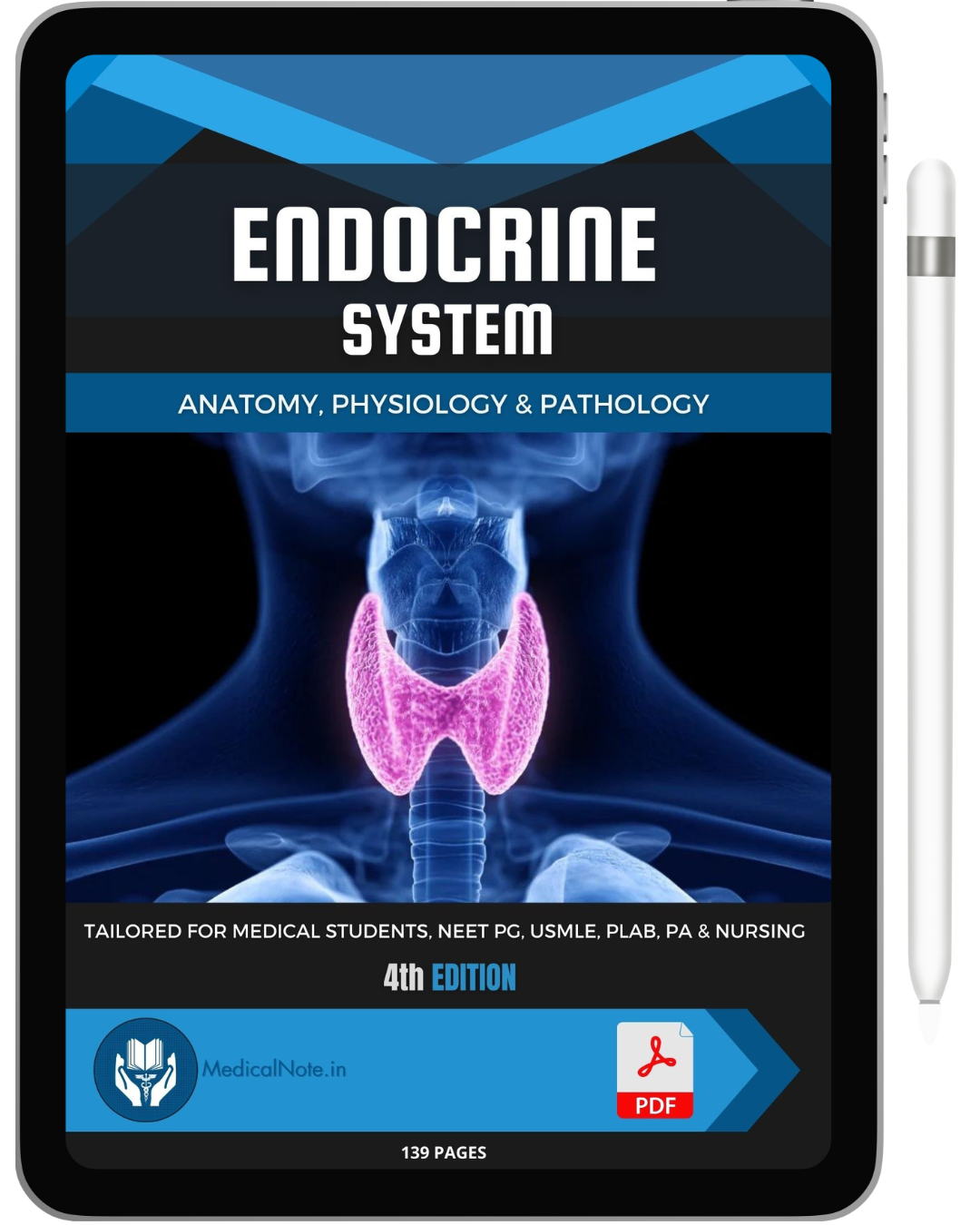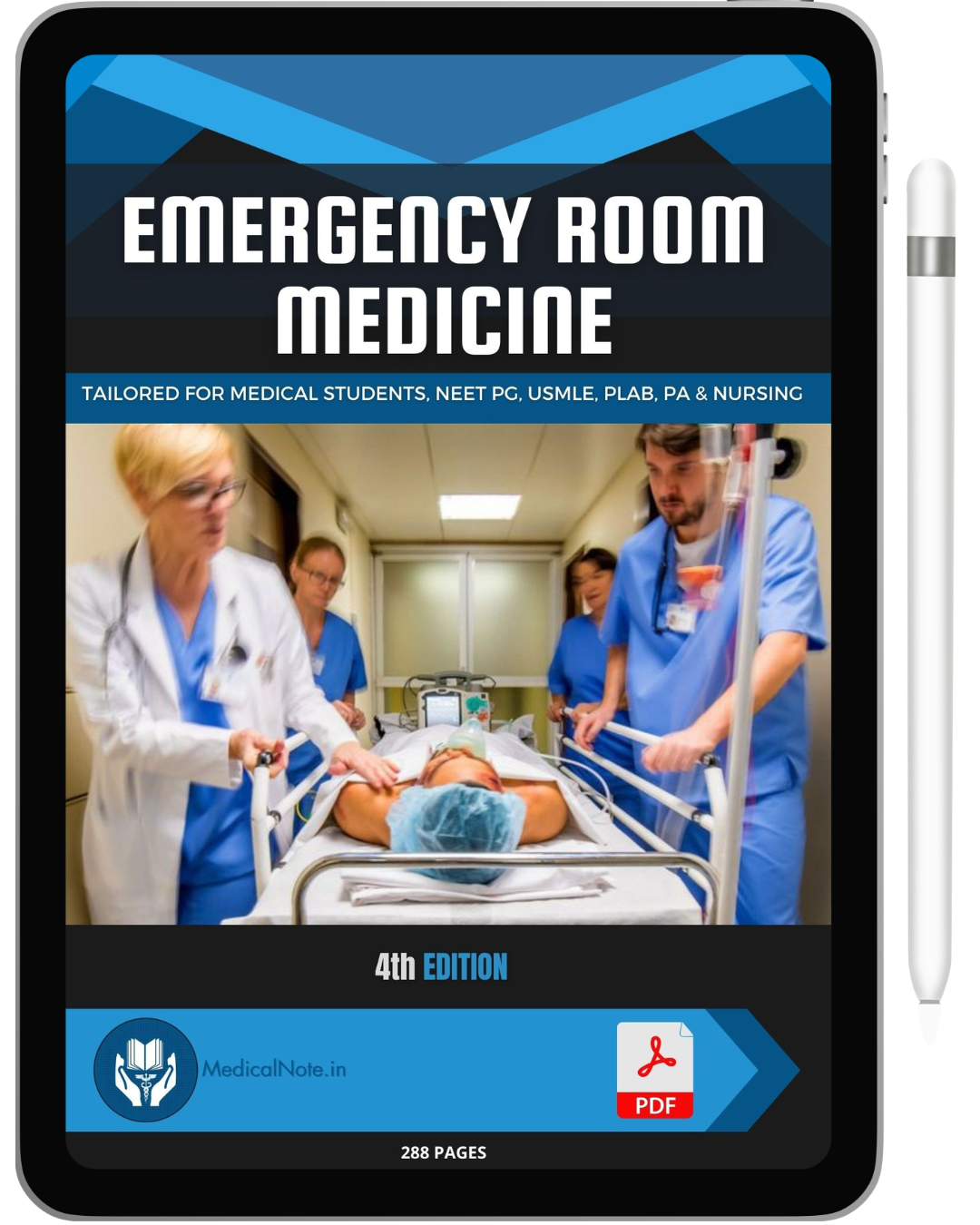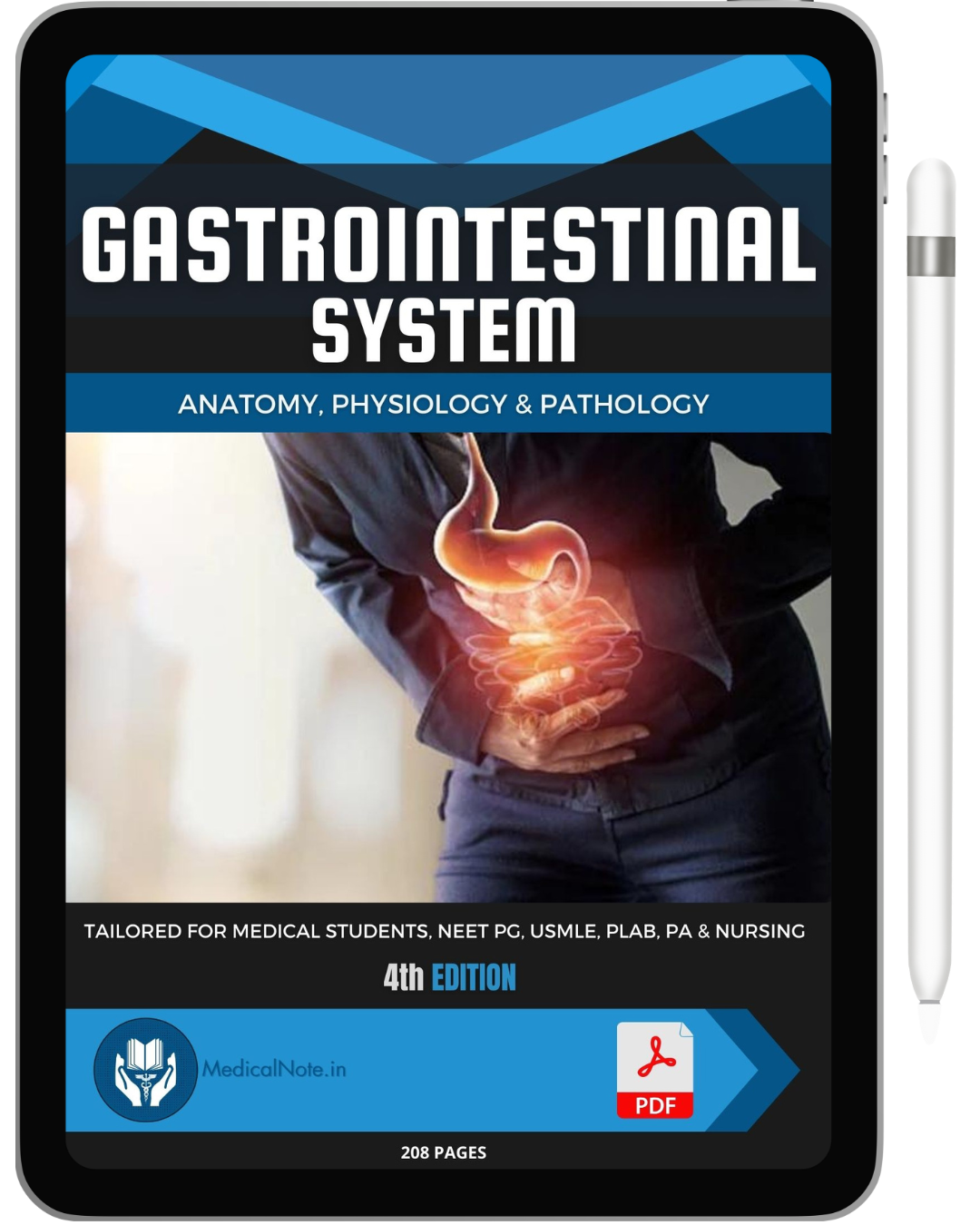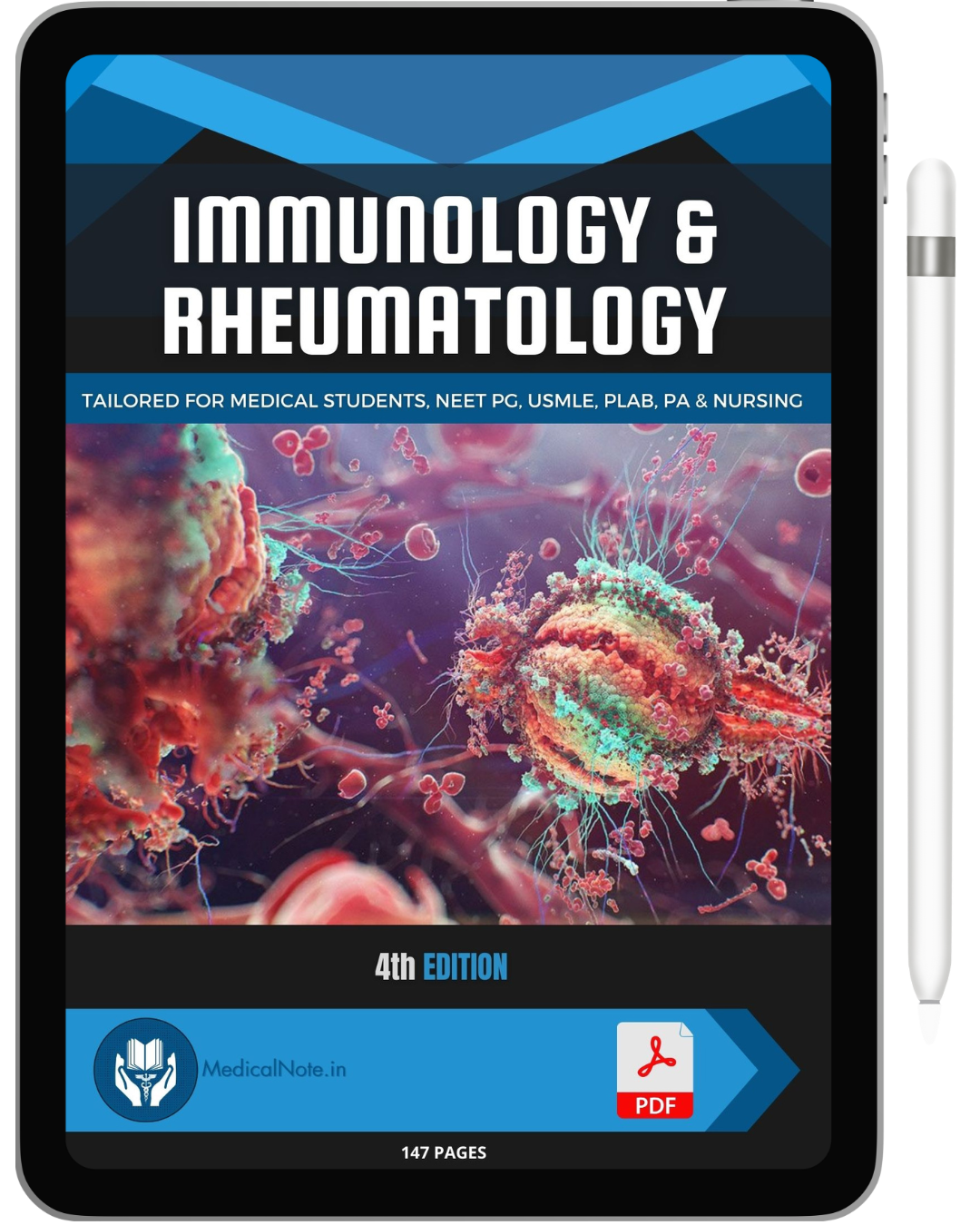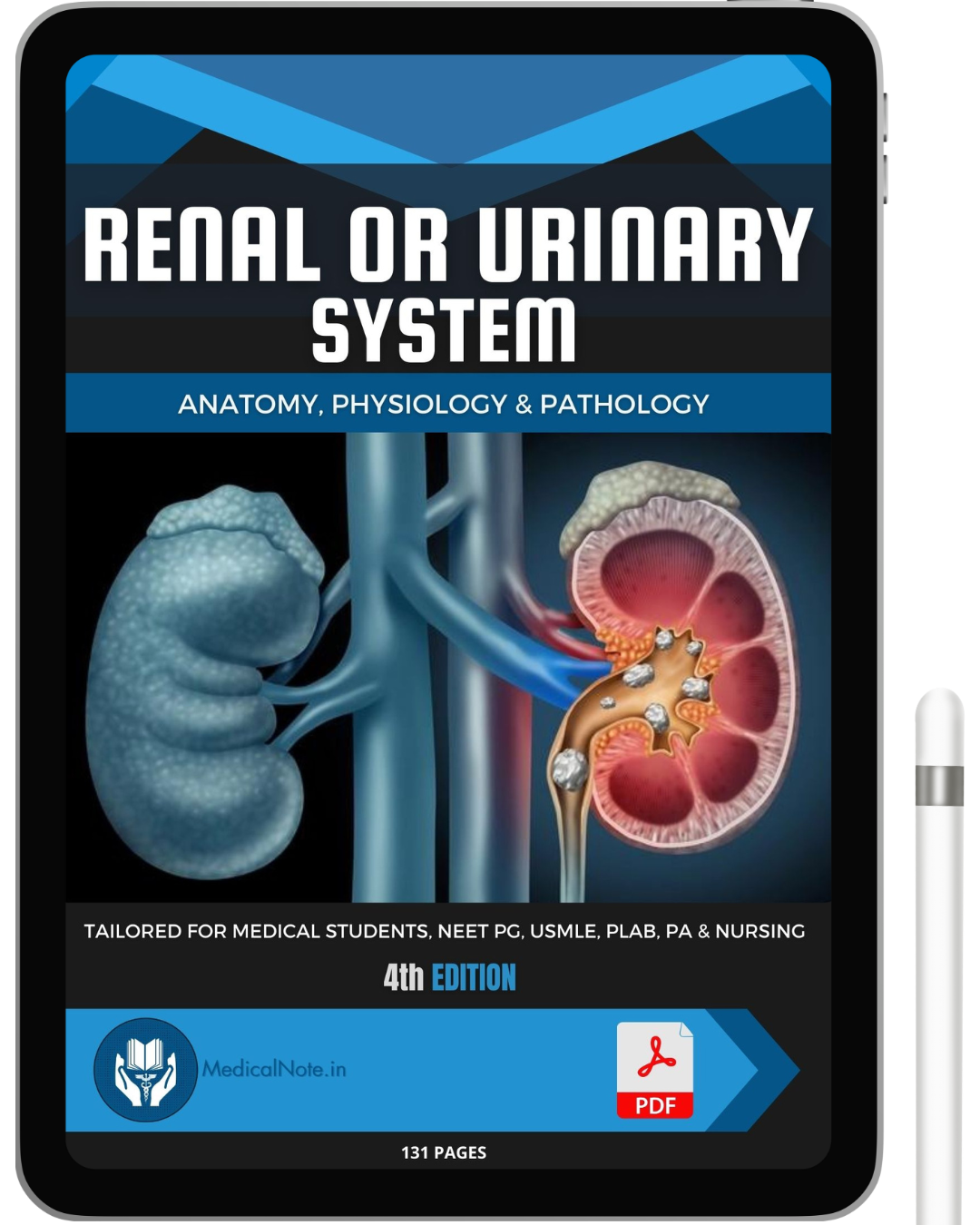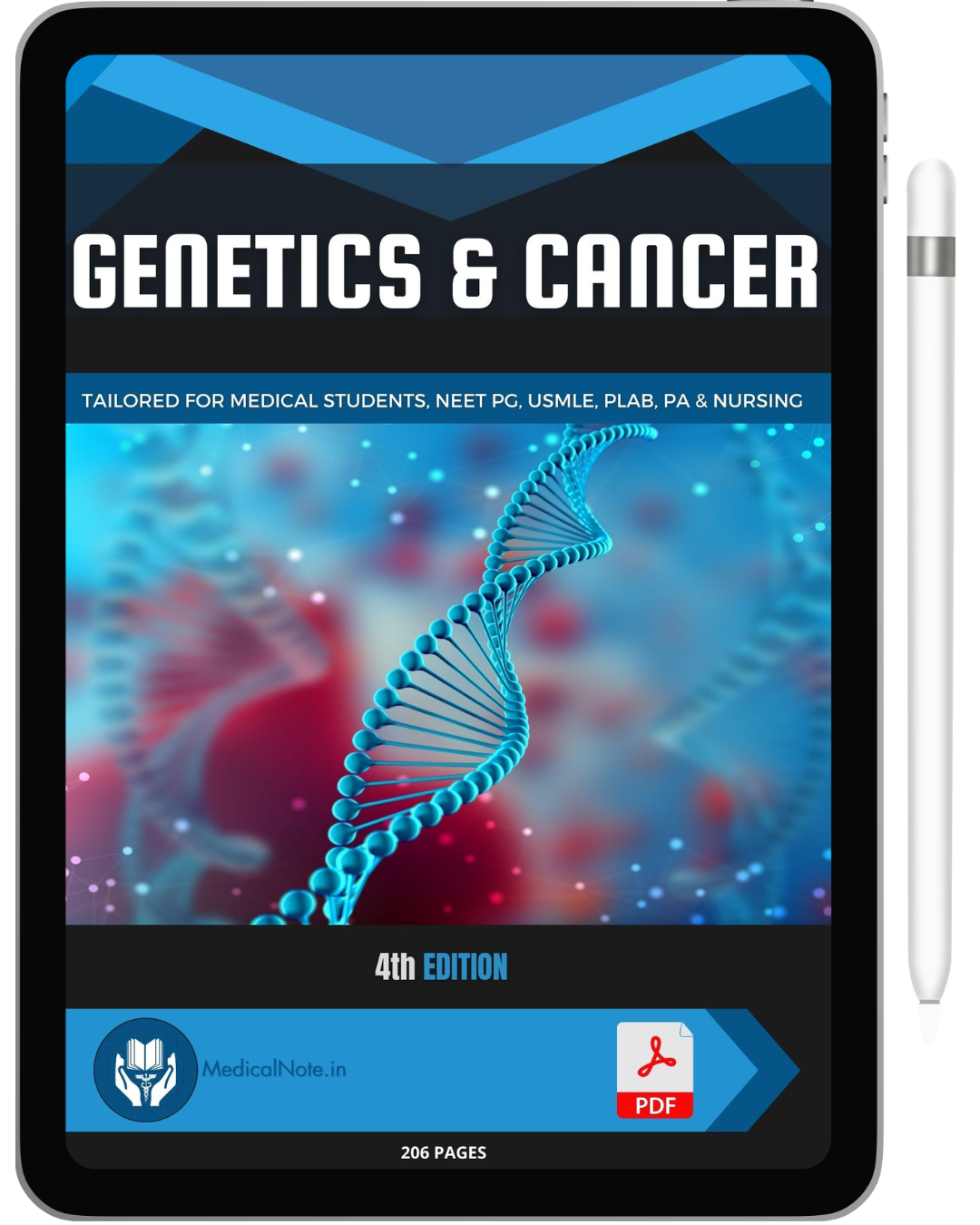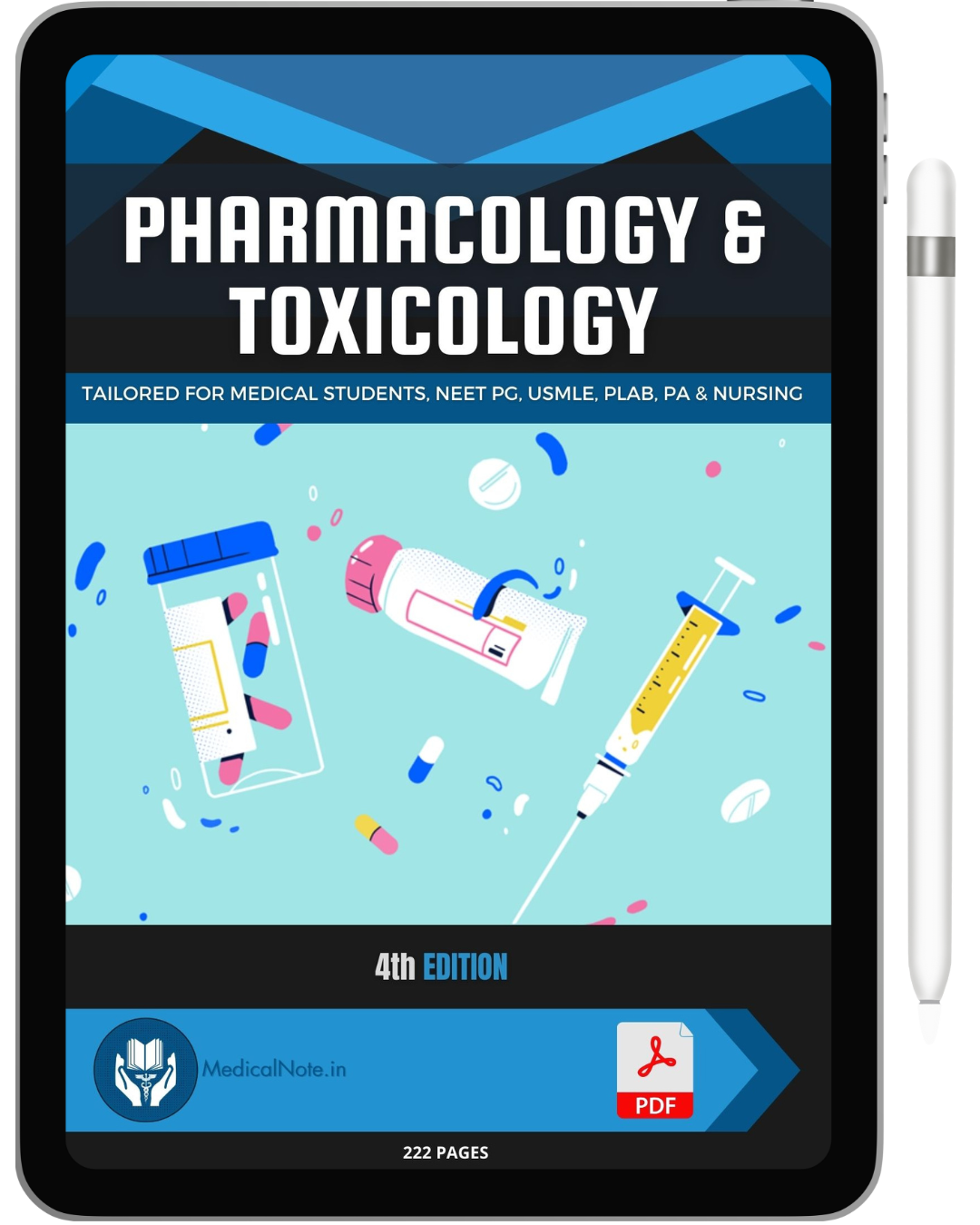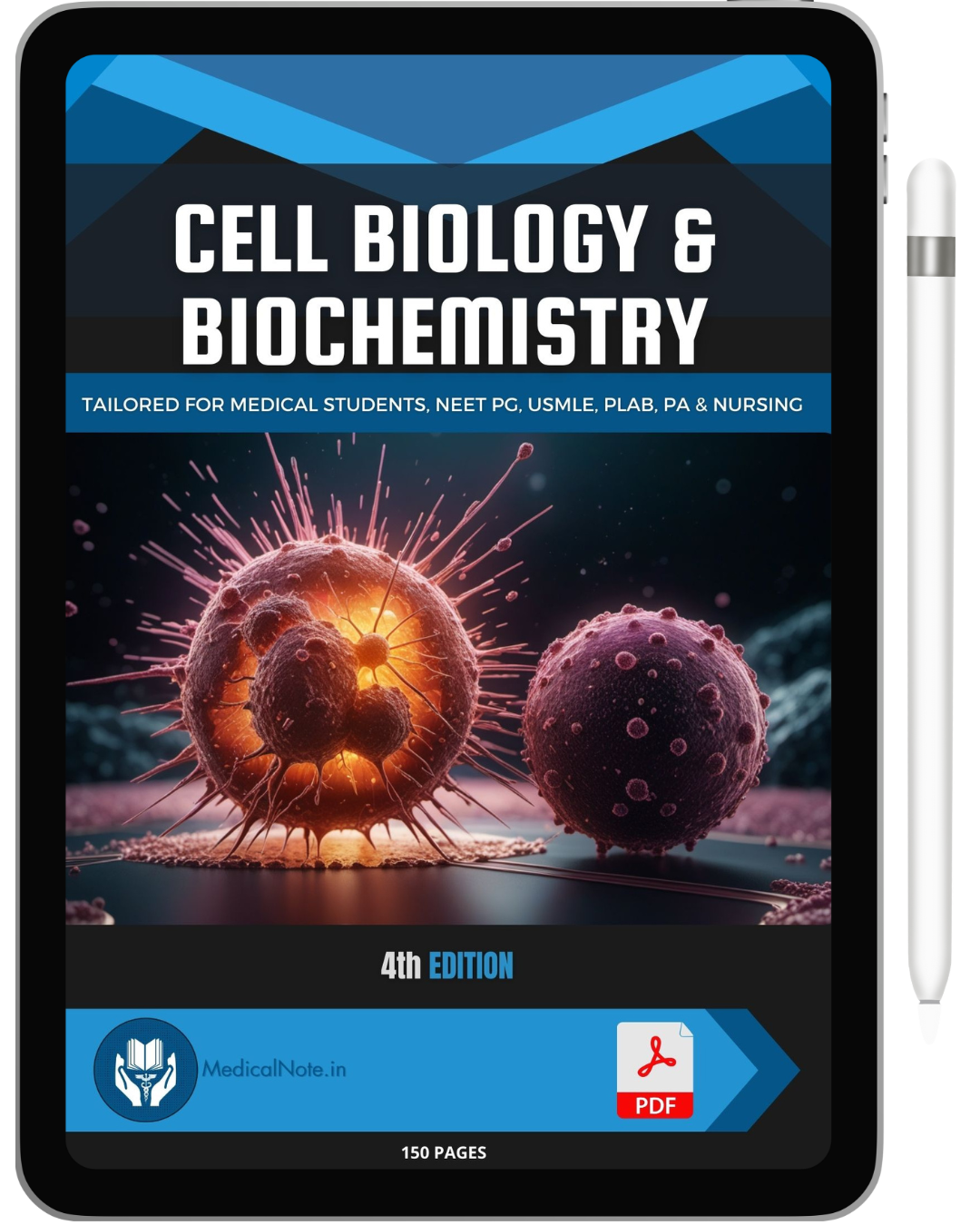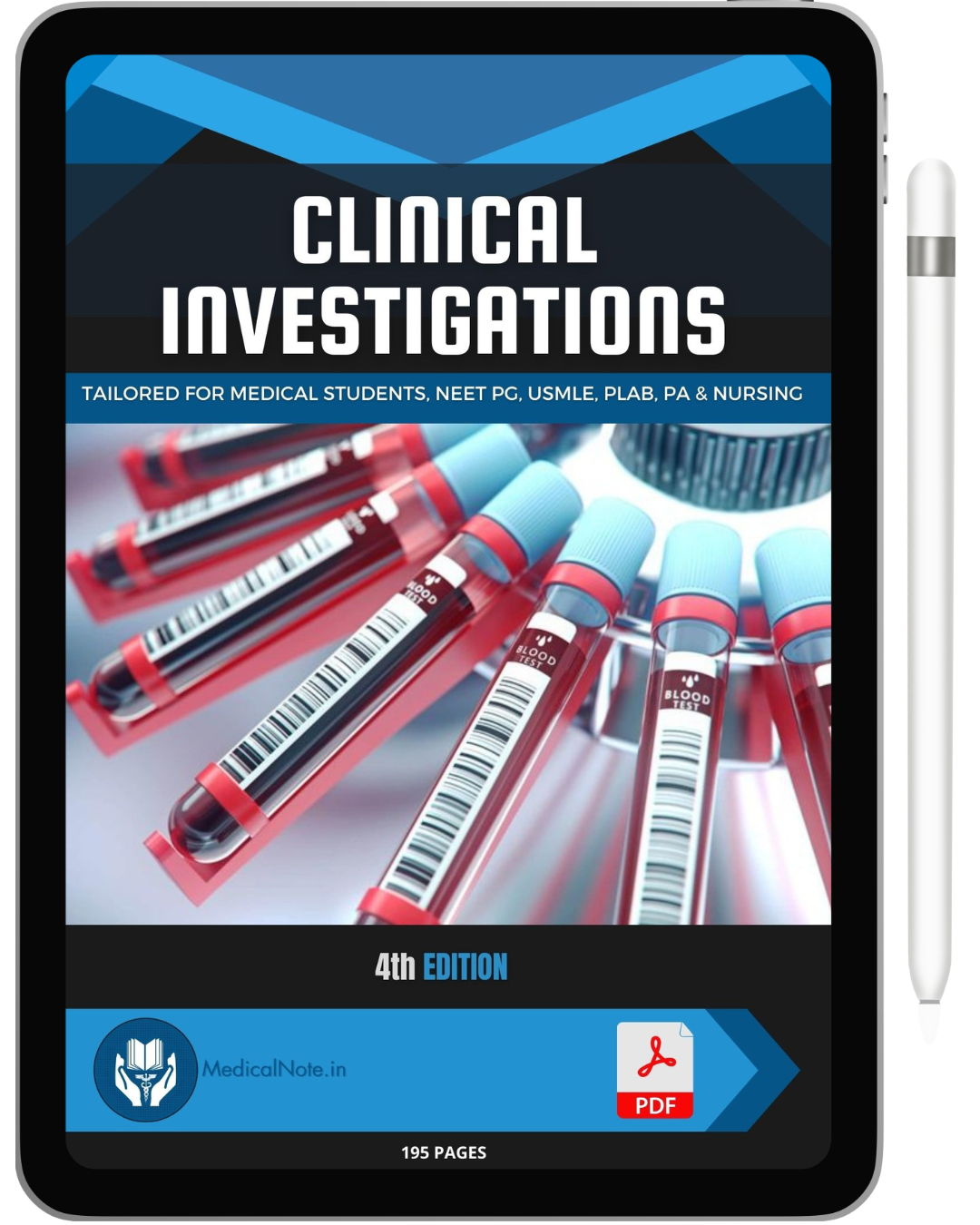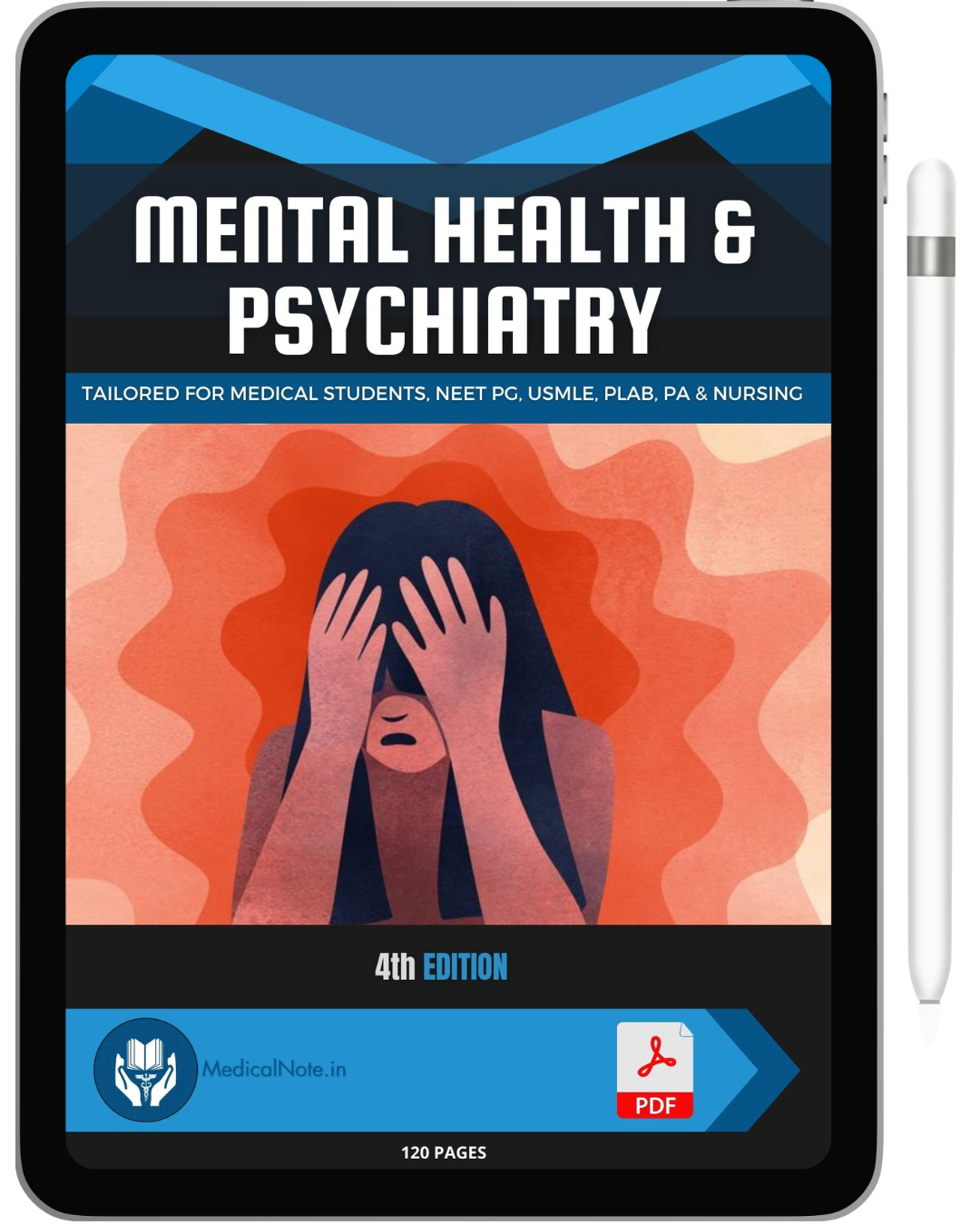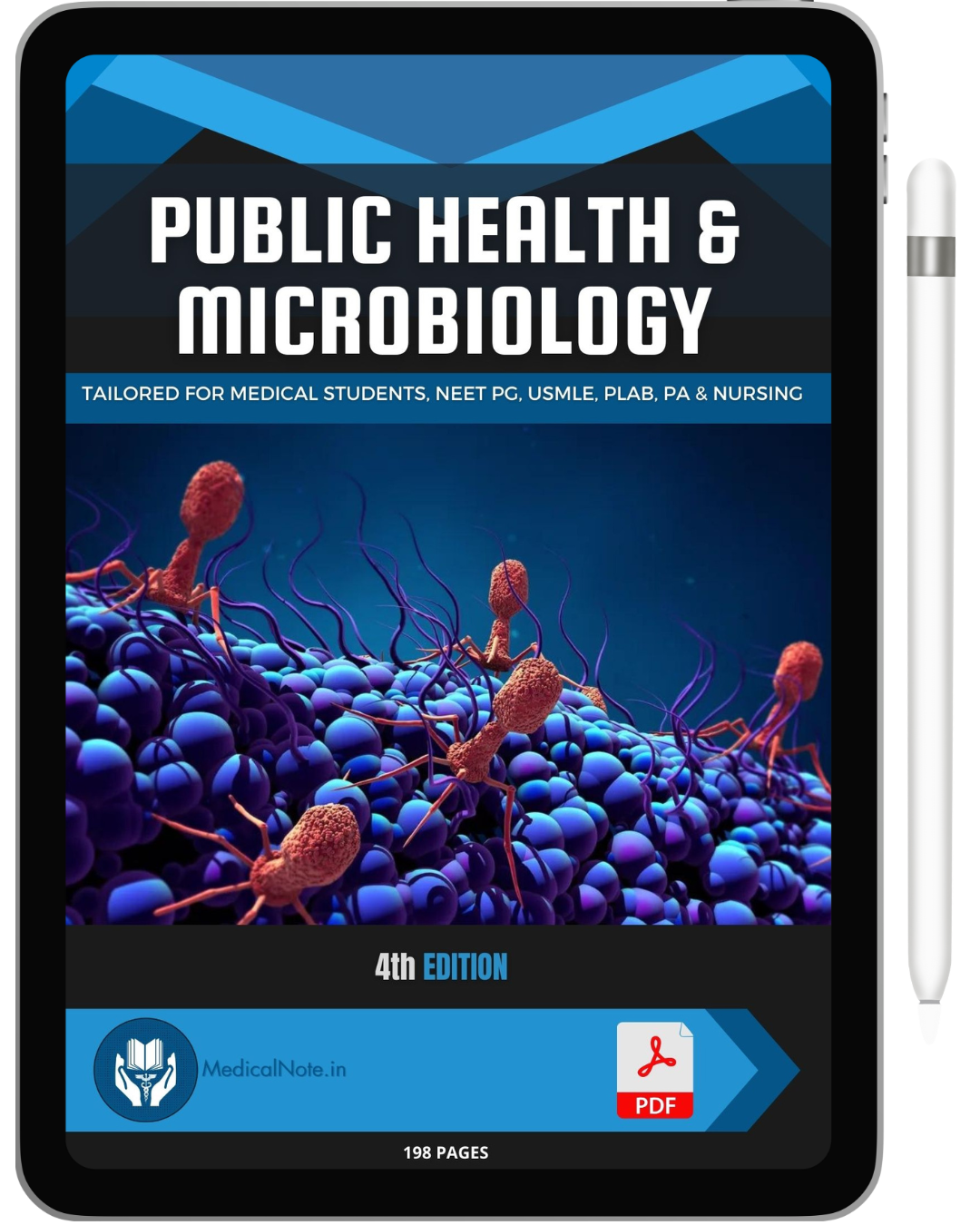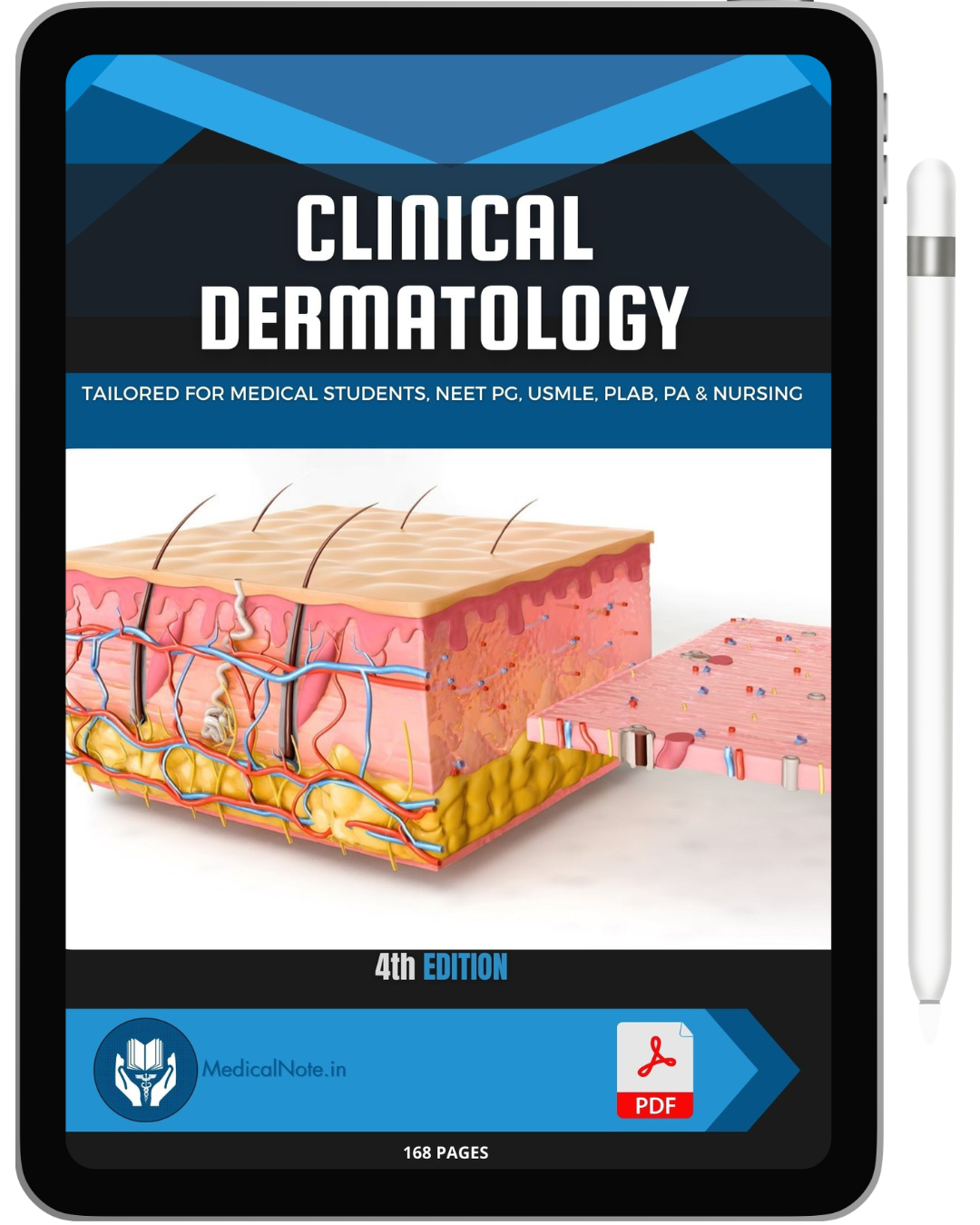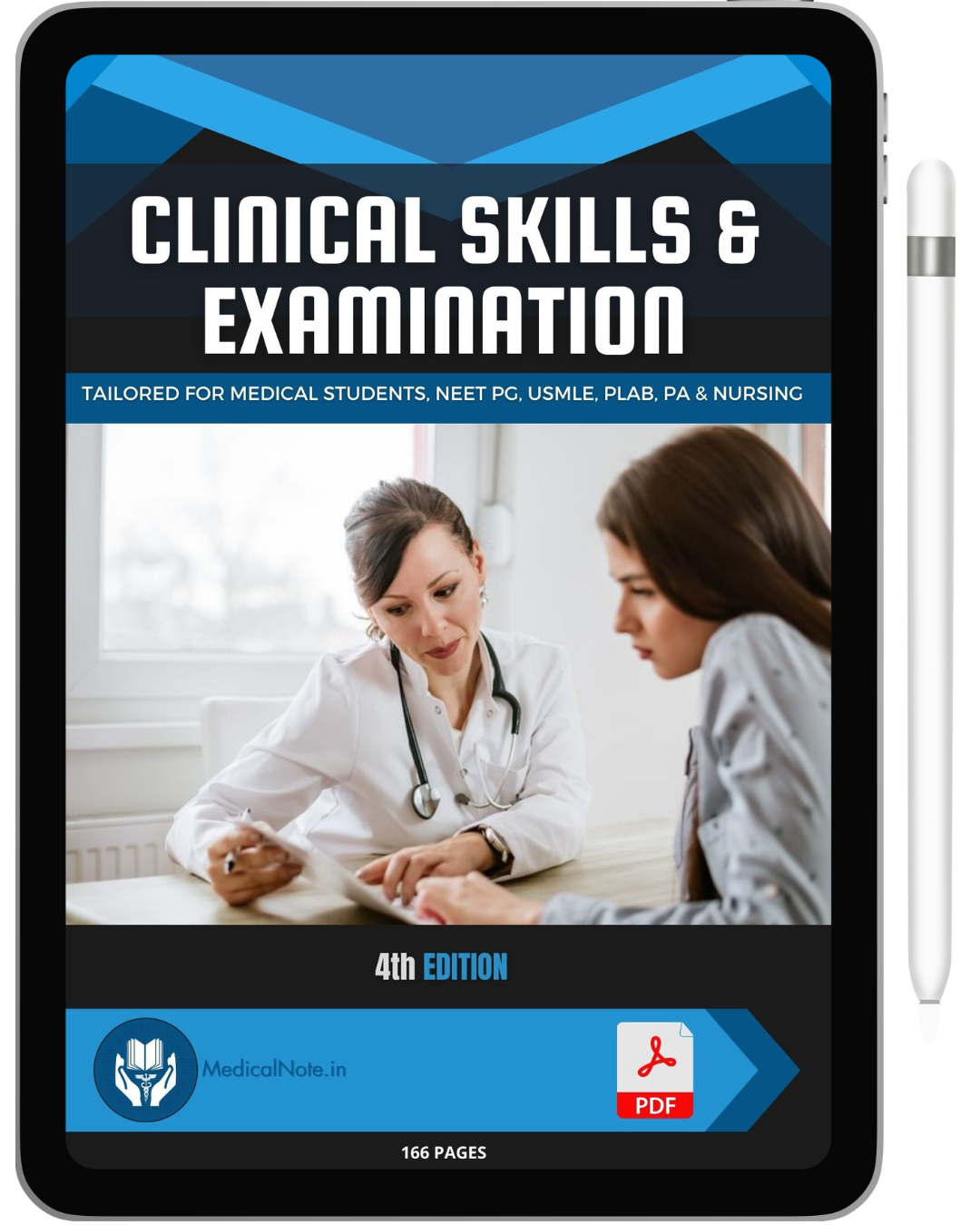The treatment of cardiovascular diseases has advanced significantly, offering various options to manage and cure heart conditions. From medications to cutting-edge therapies, understanding these treatments is essential for effective patient care. In this blog post, we will explore modern approaches and innovations in the treatment of cardiovascular diseases.
Medications:
- Antihypertensives: Used to manage high blood pressure, including ACE inhibitors, beta-blockers, and diuretics.
- Statins: Lower cholesterol levels, reducing the risk of coronary artery disease.
- Anticoagulants and Antiplatelets: Prevent blood clots, reducing the risk of stroke and heart attack.
Surgical Procedures:
- Angioplasty and Stent Placement: Opens blocked arteries and places stents to keep them open.
- Coronary Artery Bypass Grafting (CABG): Creates new pathways for blood to reach the heart muscle, bypassing blocked arteries.
- Heart Valve Surgery: Repairs or replaces damaged heart valves.
Cutting-Edge Therapies:
- Transcatheter Aortic Valve Replacement (TAVR): A minimally invasive procedure to replace aortic valves without open-heart surgery.
- Left Ventricular Assist Devices (LVADs): Mechanical pumps that support heart function in patients with severe heart failure.
- Gene Therapy: Emerging treatments that involve correcting or replacing faulty genes to treat heart diseases.
Lifestyle Changes and Rehabilitation:
- Diet and Exercise: A heart-healthy diet and regular exercise are crucial for managing cardiovascular diseases.
- Cardiac Rehabilitation: Structured programs that include exercise, education, and counseling to improve heart health.
Innovations and Future Directions:
- Stem Cell Therapy: Research is ongoing into using stem cells to repair damaged heart tissue.
- Wearable Technology: Devices like smartwatches that monitor heart rate and rhythm, providing real-time health data.
Conclusion: The treatment of cardiovascular diseases has evolved with modern approaches and innovative therapies, improving patient outcomes. Understanding these treatments is essential for medical students and professionals to provide comprehensive care. Staying informed about advancements in cardiology ensures the best possible treatment for patients with heart conditions.


